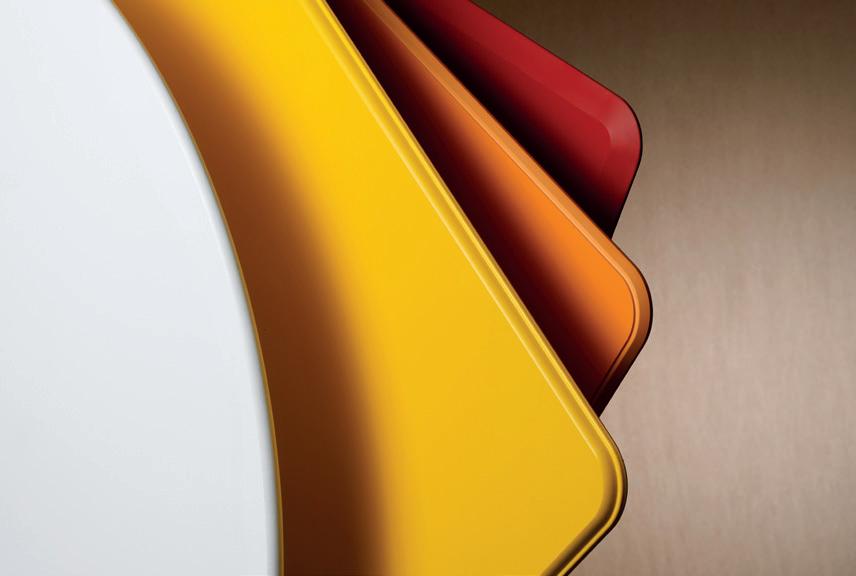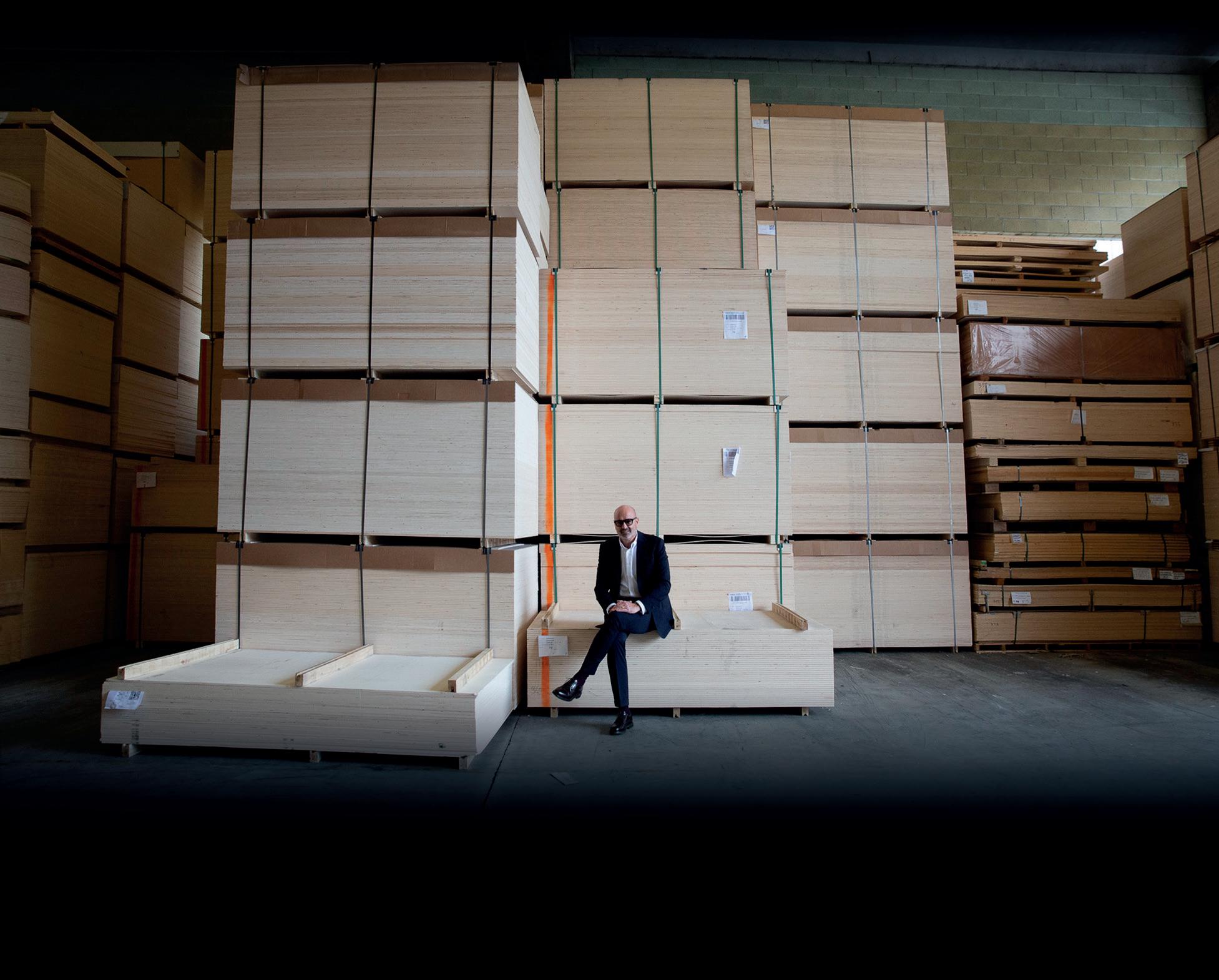
5 minute read
Filippi 1971
Salvatore Filippi CEO of Filippi 1971
Working for a sustainable fu(rni)ture
Filippi 1971 looks to the future with a precise environmental sustainability program: from the use of a green product such as Italian poplar wood to intensive research on lightweight composite materials, this is how the Italian company is committed
Words Renato Antonini
Sustainability: for some time now, this has been one of the keywords driving all Filippi 1971’s activities and it proves this in various ways. Let’s start with what is the basis of production: wood. The Italian poplar used is the most sustainable material because it comes from plantation and does not cause any deforestation; moreover, poplar is native, not transplanted, existing in nature in the region where Filippi 1971 is located. “Our production is based on Italian poplar – says Francesca Filippi, Export Sales and Marketing Manager at Filippi 1971 – and we support the short supply chain with materials coming from neighboring territories. Poplar is an excellent material: the engineered panels obtained are light, durable, and specifically the Italian clone I-214 offers the absolute best quality that is reflected in flawless cutting operations and no waste”. For Filippi 1971, therefore, the Italian poplar is a sustainable material for several reasons: it comes from plantation, contributing to compensate CO2 emissions, it generates no waste and it comes from close areas with little environmental impact due to transport pollution. “With the issue of the highest transport costs ever experienced affecting all companies at the moment, – continues Francesca Filippi – we believe the Italian poplar is a winning choice. In fact, if on the one hand we are witnessing disproportionate rises on the prices of all raw materials, on the other hand, by preferring the Italian poplar we do not have to bear the substantial increases on continental and extra-continental transport rates”. Being part of the chains of custody programs, upon request Filippi 1971 can provide FSC® or PFC® traceability certifications of its manufactured products. “Adamas”, one of the company’s latest proposals, also uses poplar wood: this multilayer panel receives an in-house treatment that allows the surface to get aesthetical homogeneity to cover the wood cathedral, as well as a considerable resistance to accidental impact. “Adamas” is offered as an alternative to Ilomba-faced panels which use forest wood. Filippi 1971 is also starting to
VittEr® and more
Abowe: an example of Wafer product
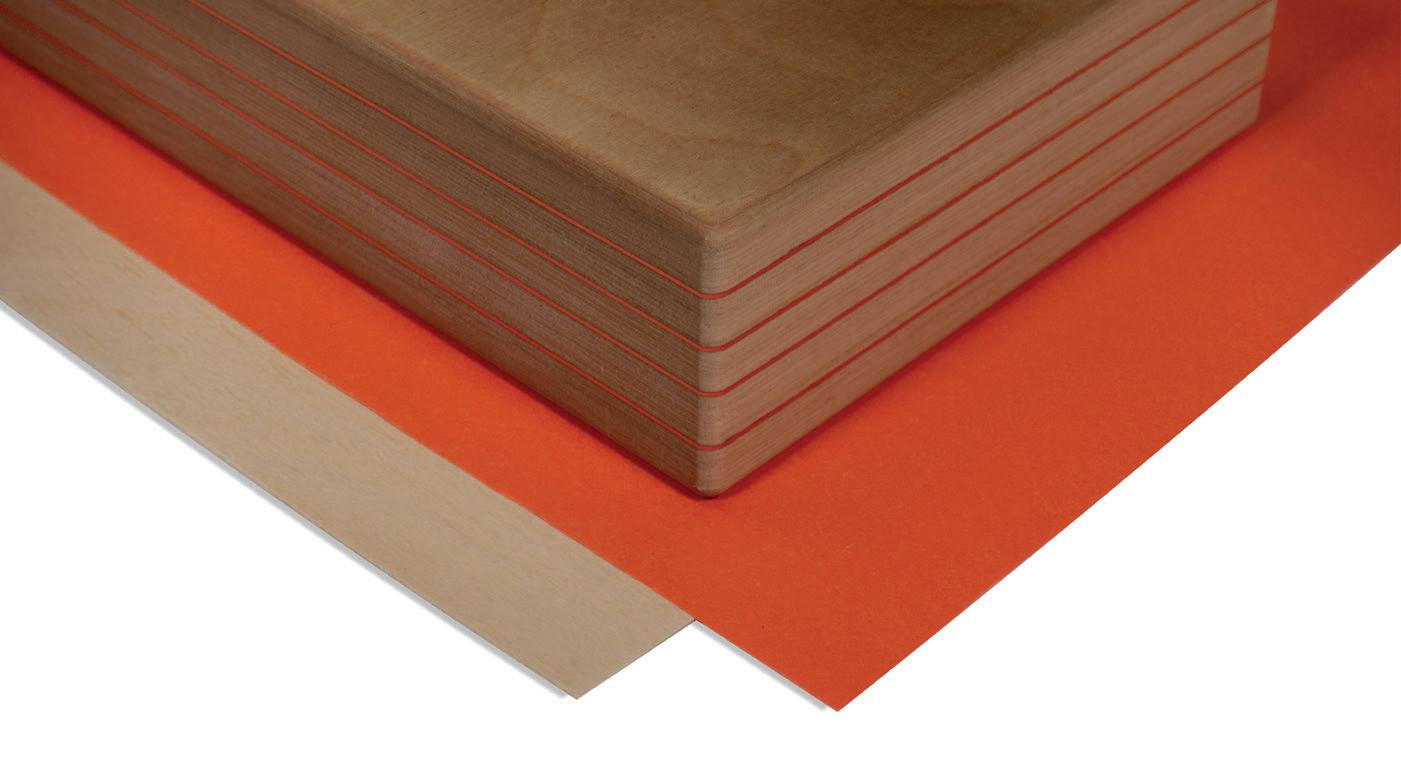
Below: VittEr® design samples
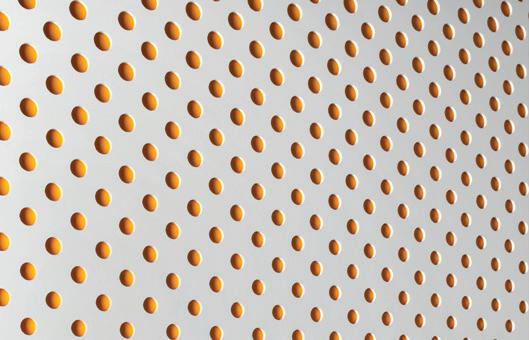

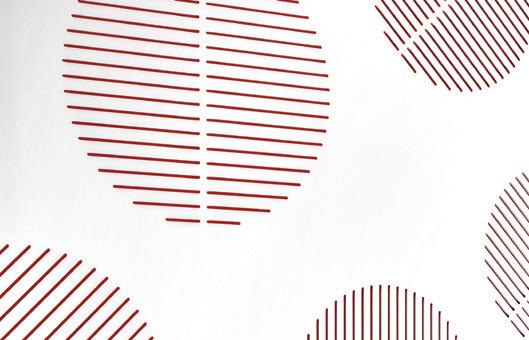
encourage the choice of laminating surfaces made with recycled materials. It is also possible to have the American NAF certification for wood-based products, guaranteeing an ultra-low formaldehyde content.
Weight reduction
But as far as environmental sustainability is concerned, the company is also promoting solutions aimed to a true weight saving of the vehicles, which leads to a reduction in polluting emissions. Three years ago, Filippi 1971 started working on composite materials, with the goal of developing furniture and structural elements with reduced weight. Today the composites department of Filippi 1971 is mainly engaged in the leisure and racing boating sector which has led the company to reach an industrialization of the processes, allowing interesting applications in the RV sector at improved costs. “With carbon fiber we can create very light construction elements – explains Ivo Bolis, Sales Manager of Filippi 1971 – which weigh five times less than similar metal components. With carbon fiber, for example, we can build the structural elements of the sofa where the seat belts are installed, but we can also build the cantilevered side components to support the rear load compartment of the motorhomes, or structural parts that integrate the tanks. We could also create lightened drop-down beds. We can propose solutions to truly make RVs lighter and reduce polluting emissions”. The Research & Development department of Filippi 1971 is also carrying out
“We can tests with alternative fibers, such as glass fiber propose solutions and vegetable fiber. Mainto truly make ly operating in the RV
RVs lighter” sector, Filippi 1971 is definitely getting ready for an ecological transition to lighter and more environmental-friendly vehicles, should they be electrically-powered or with other sustainable power sources. VittEr®, an extremely resistant and customizable compact laminate, is also part of the sustainability program implemented by Filippi 1971. VittEr® is made with papers with the lowest formaldehyde emissions available on the market and is exclusively made by Filippi 1971. VittEr® is certified for phytosanitary applications and contact with food. It can be used in kitchen countertops and splashbacks, as well as in bathrooms because it is water- and fireproof. “VittEr® is getting a lot of attention in the international world of surfaces – states Francesca Filippi. VittEr® goes beyond traditional laminate surfaces, offering designers a high-performance material that can be customized from the core to the surface keeping our signature service and flexibility. We have just added the tenth color to our range, the nicest shade of Cyclades blue, and we have also widened the availability of our finish textures”. Filippi 1971 is committed in a circularity program called “Dorvem”. The Company’s R&D is developing an outdoor furniture panel made with VittEr® production wastes combined with wood powders. But there are also new “hybrid” products, such as the “Wafer”, which is a panel obtained from the stratification of VittEr® and poplar veneers: the surface in VittEr® makes it extremely resistant, washable and antibacterial. It is totally customizable, does not require edging and is an ideal solution for worktops and kitchen-tops. All new products are born sustainable: the production of the “Wafer” panel takes place in the autoclave just with poplar veneers and VittEr® without the use of any adhesives.

